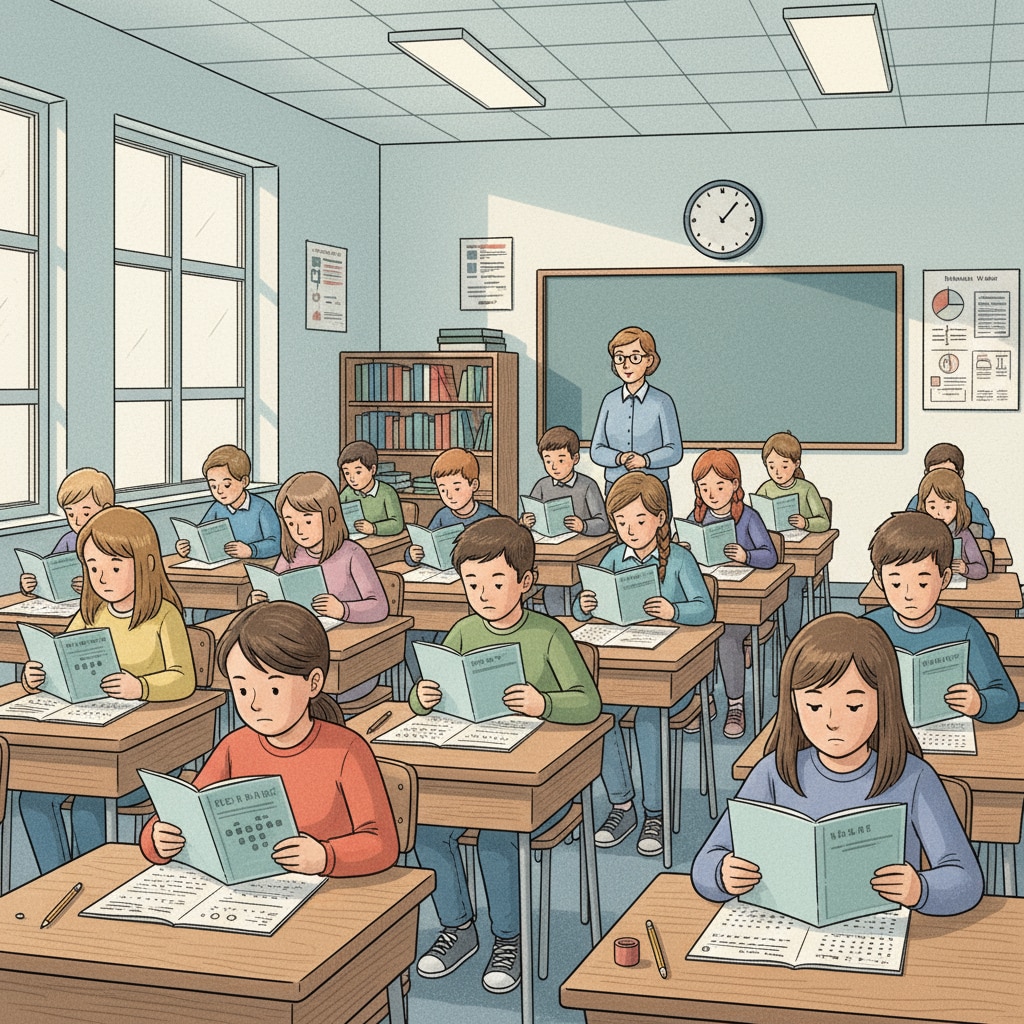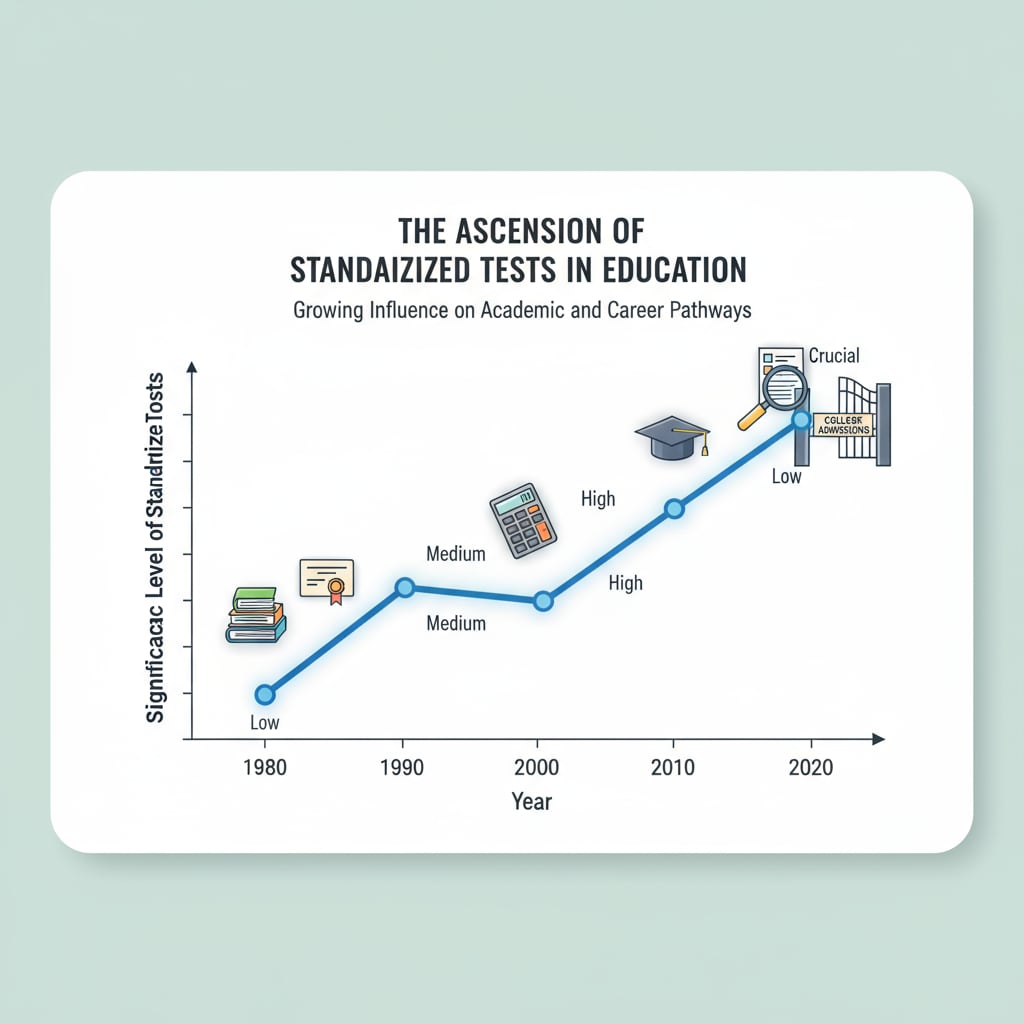Standardized tests, memory, critical thinking, and educational assessment are crucial aspects of the modern education landscape. In today’s K12 education, the dominant role of standardized tests has raised concerns about the adequacy of the overall assessment system. These tests often emphasize rote memory rather than promoting critical thinking skills, which are essential for students’ long-term development.

The Dominance of Standardized Tests
Standardized tests have become a cornerstone of educational assessment in many countries. They are designed to provide a uniform measure of students’ knowledge and skills. However, this uniformity comes at a cost. For example, students are typically required to memorize a vast amount of information to perform well on these tests. This focus on memory recall does little to stimulate critical thinking. According to Educational assessment on Wikipedia, educational assessment should be more than just a measure of rote learning. It should also evaluate students’ ability to analyze, synthesize, and evaluate information.

The Neglect of Critical Thinking
Critical thinking is the ability to think clearly and rationally, to question assumptions, and to solve problems creatively. In the context of educational assessment, critical thinking is often overlooked in favor of standardized tests. As a result, students may be able to answer questions based on memorized facts but struggle when faced with complex, real-world problems. Educational psychology on Britannica emphasizes the significance of developing critical thinking skills in students. These skills enable them to adapt to an ever-changing world and make informed decisions.
To address these issues, it is essential to reform the educational assessment system. This requires a shift from a narrow focus on standardized tests to a more comprehensive approach that includes multiple forms of assessment. For instance, project-based learning, portfolios, and peer assessments can provide a more accurate picture of students’ abilities. These alternative methods can assess not only what students know but also how they think and apply their knowledge.
Readability guidance: By using short paragraphs and lists, we can better summarize key points. Each H2 section can include a list to make the content more organized. We should also control the proportion of passive voice and long sentences and add transitional words throughout the text to enhance readability.


